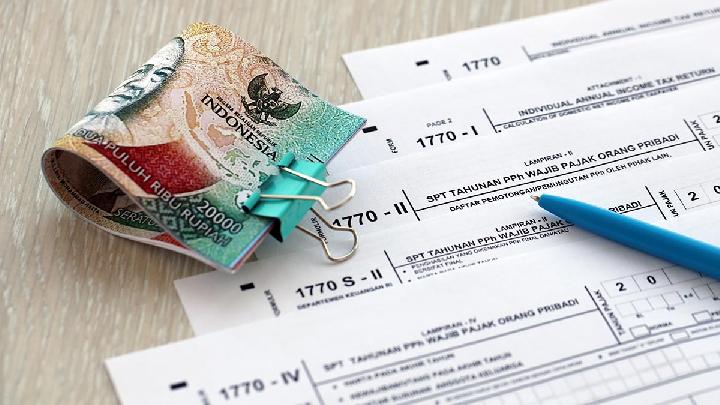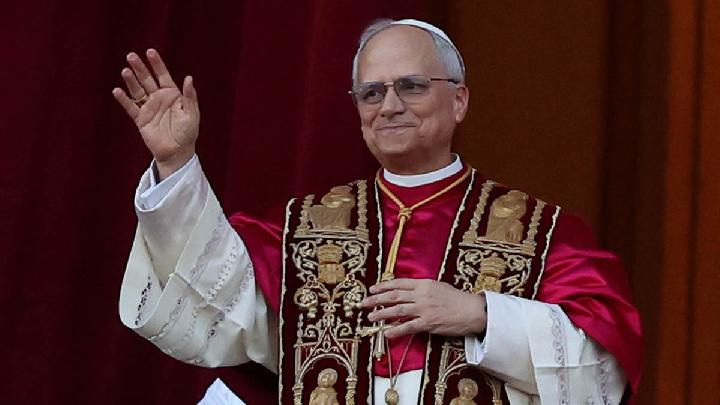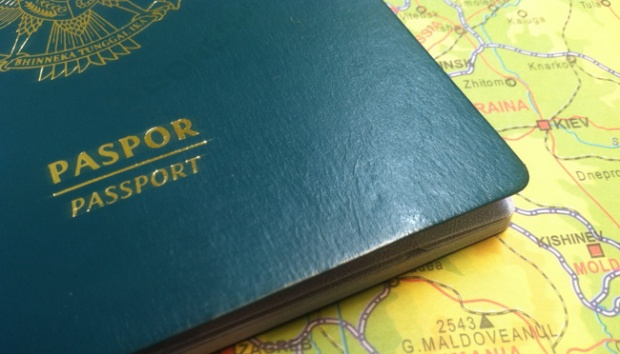TEMPO.CO, Jakarta - The French Revolution is known as one of the greatest revolutions in Europe and the world, and one of the most remembered. This period in history was characterized by intense political and social upheaval in France, with long-term impacts in various fields such as politics and socioeconomics, both within the country and internationally.
This revolution became a turning point for the French people to rise up and oppose the rule of King Louis XVI, which they deemed detrimental to their society.
Background of the French Revolution
The French Revolution, which took place between 1789 and 1799, is one of the most significant events in modern history, marking the collapse of the absolute monarchy and the birth of a republic.
As quoted from ppijerman.org, this event had its roots in severe economic crisis, widespread social injustice, and the weak leadership of King Louis XVI, who was unable to address the country's difficulties.
When Louis XVI ascended the throne in 1774, France's financial condition was already in shambles due to its involvement in the American Revolution. To cover the national debt, the king attempted to raise taxes, which only further burdened the majority of the people, while the nobility and clergy continued to enjoy privileges, including tax exemptions.
Amidst this crisis, King Louis XVI convened the États-Généraux, a gathering representing the three main societal estates: the nobility, the clergy, and the commoners. However, tensions arose as the third estate, representing the majority of the people, felt their rights and voices were being ignored.
This dissatisfaction peaked when representatives of the third estate formed the National Assembly in June 1789 and vowed not to disband until they had drafted a new constitution for France, an event known as the Tennis Court Oath.
The revolutionary wave grew larger when the people stormed the Bastille on July 14, 1789, a symbol of the monarchy's tyranny and the starting point of the French Revolution.
Shortly after, the National Assembly ratified the Declaration of the Rights of Man and of the Citizen, affirming that all men are born free and equal in rights.
The principles of liberty, equality, and fraternity, became the motto of the revolution. In October 1789, women in Paris staged a march to the Palace of Versailles, demanding the king return to the capital to witness the people's suffering firsthand.
The mounting pressure gradually weakened the king's power, and eventually, Louis XVI and his wife, Marie Antoinette, were sentenced to death by guillotine in 1793. The absolute monarchy collapsed, and the French Republic was officially established in September 1792.
The worldwide impact of the French Revolution
The French Revolution had a profound impact, not only on France but also on the world. Politically, it marked the beginning of the development of liberal and nationalist ideologies.
Liberalism emphasized individual freedom, human rights, and social justice, while nationalism fostered a sense of patriotism and unity among the people. The concepts of democracy and republic began to be implemented, replacing the absolute power of the king with a government system based on law and constitution.
Socially, the rigid class system was abolished, and rights and responsibilities began to be applied equally regardless of status, with increased access to education and religious freedom. Meanwhile, in the economic realm, the revolution ended feudalism, freeing peasants from bonds to the nobility's land and abolishing the guild system that had hindered trade and industry growth.
The impact of the French Revolution also spread to other regions, including Indonesia. Albeit there was no direct impact on the Indonesian revolution, the spirit of the French people's struggle inspired the birth of political and social awareness among intellectuals and leaders of the Indonesian liberation movement.
Ideas about freedom, fair governance, and people's participation in determining the nation's fate began to take root and became the foundation for the struggle against colonialism. The French Revolution showed that significant changes can occur when people unite and courageously demand justice and their rights as human beings.
Editor’s Choice: Four Important Figures in Bastille Day History
Click here to get the latest news updates from Tempo on Google News


















































